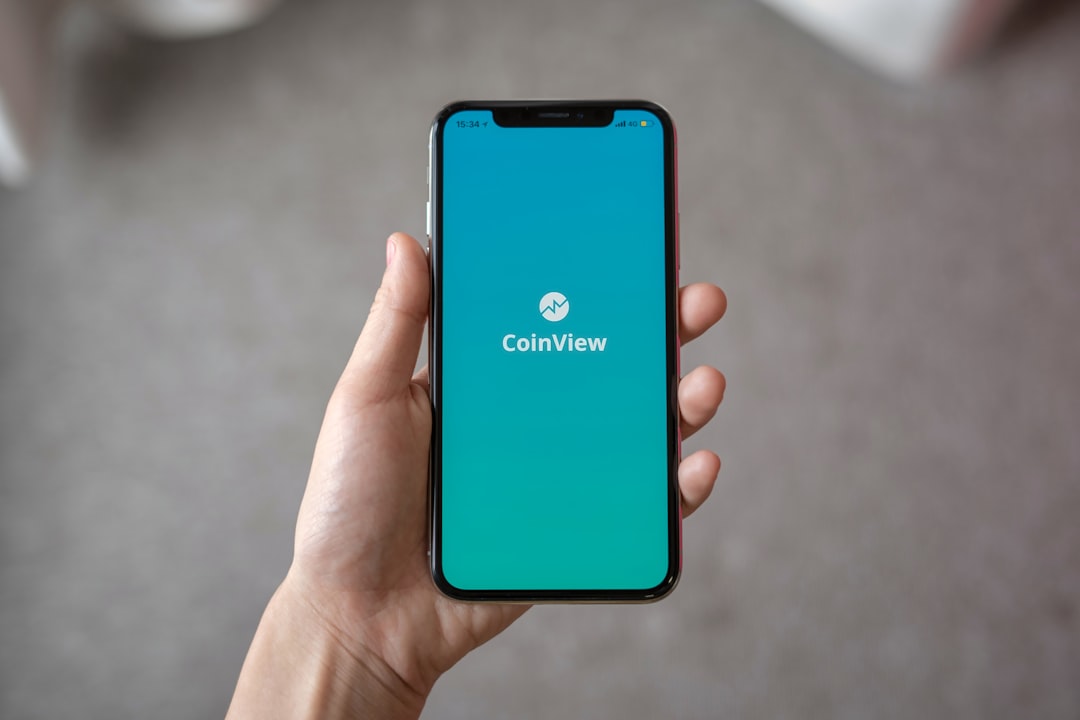Greenville, SC residents are protected by state and federal debt collection laws, including the FDCPA. If a collector violates your rights, consult an unwanted call lawyer in SC for guidance on disputing debts, validation requests, or filing CFPB complaints. Document all interactions, as evidence is key. Lawyers can send cease-and-desist letters, negotiate settlements, or represent you in court to stop harassment and enforce FDCPA protections.
Tired of relentless debt collector calls in Greenville? You’re not alone. Learn how to handle these unwanted intrusions effectively. This guide navigates your rights against aggressive debt collection practices, offering practical advice for responding to persistent callers. Discover legal recourse available to South Carolina residents facing harassment. With step-by-step strategies, from asserting your rights to seeking the help of an unwanted call lawyer SC, reclaim control and put a stop to disturbing debt collector calls once and for all.
Understanding Your Rights Against Debt Collectors

In Greenville, South Carolina, both state and federal laws protect consumers from aggressive or unlawful debt collection practices. Familiarize yourself with your rights under the Fair Debt Collection Practices Act (FDCPA) which prohibits debt collectors from making harassing, false, or misleading statements, using abusive language, or contacting you at inappropriate times like before 8 am or after 9 pm, except under specific circumstances.
If you feel that a debt collector has violated your rights, consulting with an unwanted call lawyer in SC is advisable. A legal professional can educate you on the legal boundaries set for debt collectors and help you understand your options, including disputing the debt, requesting validation of the debt, or even filing a formal complaint with the Consumer Financial Protection Bureau (CFPB).
What to Do When Unwanted Calls Persist

If unwanted calls from debt collectors in Greenville persist despite your efforts, it’s time to take a more proactive approach. One effective strategy is to document every interaction. Keep a record of the caller’s name, phone number, and the date and time of each call. This detailed log will not only help you track the frequency of the unwanted calls but also serve as valuable evidence if you decide to involve an unwanted call lawyer SC.
Consider reaching out to a legal professional specializing in consumer rights or debt collection laws. An unwanted call lawyer SC can provide guidance tailored to South Carolina’s regulations and advise you on your rights and available options. They might be able to send a cease-and-desist letter to the debt collector, which can often stop the unwanted calls. Alternatively, they could assist in negotiating a settlement or representing you in court if necessary.
Legal Recourse and Solutions for Debt Collection Harassment

If you’re facing relentless debt collection harassment, it’s crucial to understand your legal rights and options in South Carolina. The Fair Debt Collection Practices Act (FDCPA) provides protections for consumers against abusive or false practices by debt collectors. If a collector violates these regulations, you may have grounds to take legal action against them. An unwanted call lawyer in SC can help you navigate this complex area of the law.
They can assist you in filing a complaint with the Consumer Financial Protection Bureau (CFPB) and pursuing damages if appropriate. Additionally, an attorney can advise you on whether a settlement agreement is feasible or if negotiating directly with the creditor is a better strategy to resolve the issue without escalating into legal proceedings. Remember, knowing your rights and having professional guidance can empower you to handle unwanted debt collection calls effectively.






